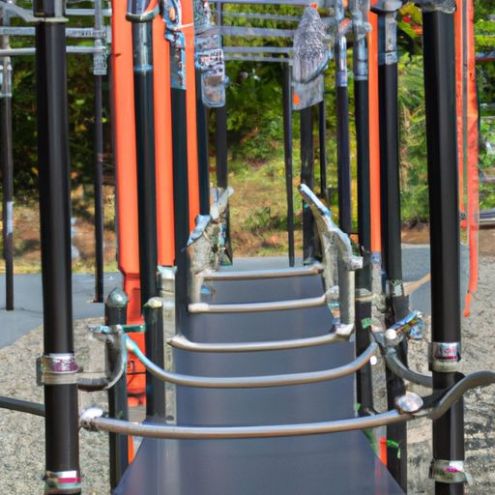Table of Contents
The Benefits of Sensory Training for Climbing
Sensory training for climbing is a unique and effective way to improve your skills on the wall. By combining sensory training with climbing, you can enhance your overall physical development and performance. This innovative approach to training involves using specialized equipment and techniques to challenge your senses and improve your climbing abilities.
One of the key benefits of sensory training for climbing is the improvement in proprioception. Proprioception is the body’s ability to sense its position in space and is crucial for climbing. By incorporating sensory training into your climbing routine, you can enhance your proprioceptive abilities and become more aware of your body’s movements on the wall. This heightened sense of proprioception can help you make precise and controlled movements, leading to better performance and reduced risk of injury.
In addition to improving proprioception, sensory training can also help enhance your balance and coordination. Climbing requires a high level of balance and coordination, as you navigate challenging routes and make dynamic movements on the wall. Sensory training exercises can help you fine-tune these skills by challenging your balance and coordination in new and exciting ways. By incorporating sensory training into your climbing routine, you can improve your overall balance and coordination, leading to better performance and increased confidence on the wall.
 Furthermore, sensory training for climbing can also help improve your focus and concentration. Climbing requires intense focus and concentration, as you navigate complex routes and make split-second decisions on the wall. Sensory training exercises can help sharpen your focus and concentration by challenging your senses and forcing you to stay present in the moment. By incorporating sensory training into your climbing routine, you can improve your ability to stay focused and concentrated during climbs, leading to better performance and a more enjoyable climbing experience.
Furthermore, sensory training for climbing can also help improve your focus and concentration. Climbing requires intense focus and concentration, as you navigate complex routes and make split-second decisions on the wall. Sensory training exercises can help sharpen your focus and concentration by challenging your senses and forcing you to stay present in the moment. By incorporating sensory training into your climbing routine, you can improve your ability to stay focused and concentrated during climbs, leading to better performance and a more enjoyable climbing experience.
Another benefit of sensory training for climbing is the enhancement of your mind-body connection. Climbing is a physically demanding sport that requires a strong connection between your mind and body. Sensory training exercises can help strengthen this connection by challenging your senses and forcing you to be more aware of your body’s movements. By incorporating sensory training into your climbing routine, you can improve your mind-body connection and become more in tune with your body’s capabilities, leading to better performance and a deeper appreciation for the sport.
Overall, sensory training for climbing is a valuable tool for improving your climbing abilities and enhancing your overall physical development. By incorporating sensory training into your climbing routine, you can improve your proprioception, balance, coordination, focus, concentration, and mind-body connection. These benefits can help you become a stronger and more skilled climber, leading to better performance and a more enjoyable climbing experience. So why not give sensory training a try and take your climbing to new heights?

